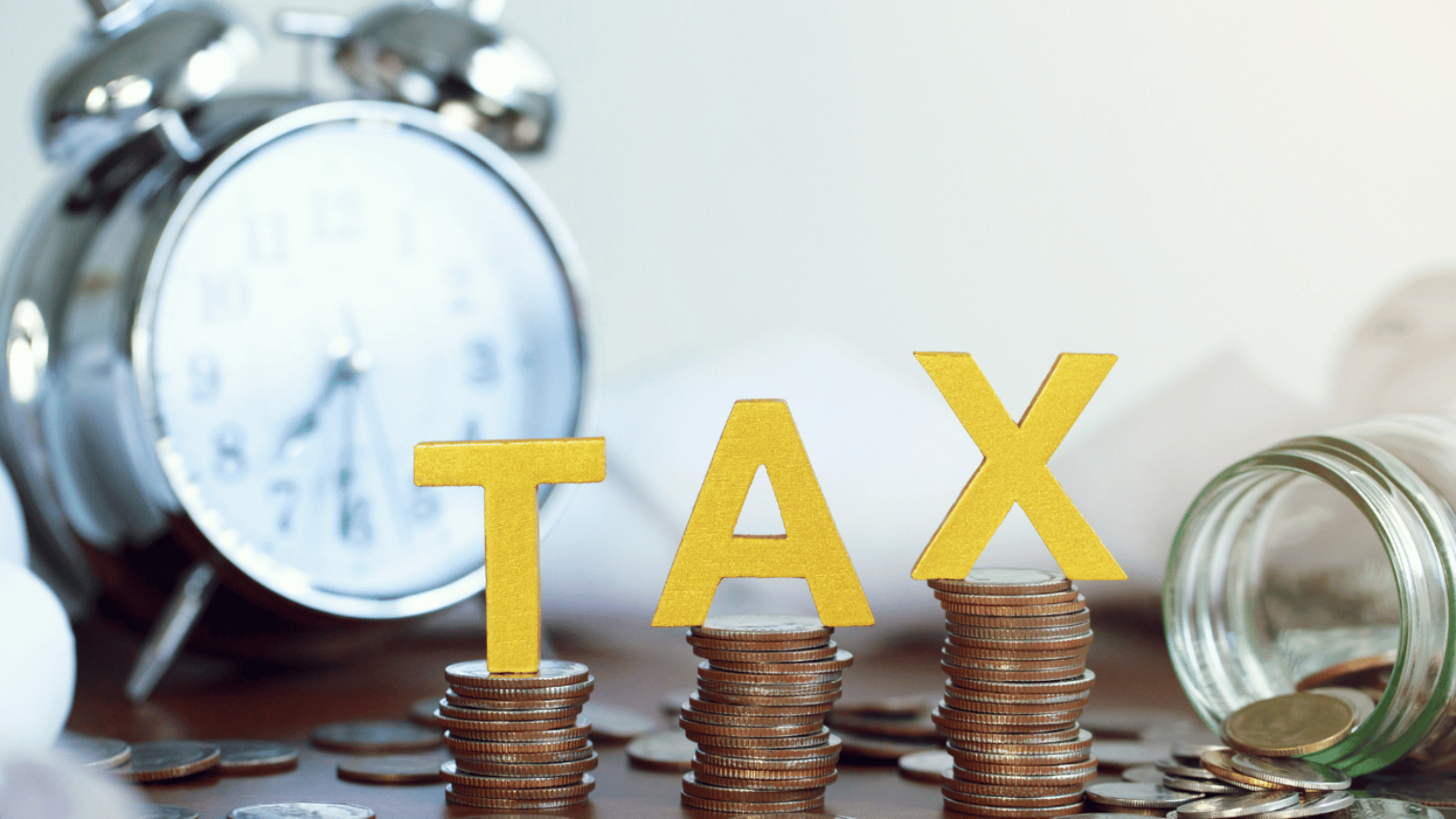Disability income, also referred to as disability payments or benefits, is income provided to individuals unable to work due to a physical or mental disability. Disability income can come from various sources: the government, an employer, or an insurance policy. Understanding how these benefits are taxed can help you ascertain your financial situation come tax time — and ensure you get the most out of your benefits.
Is disability income taxable?
The IRS generally considers disability income taxable — you will need to report it on your tax return and pay taxes on it, just like any other income. To make filing your taxes as easy as possible, it is vital to keep accurate records of the amount you receive each year.
Are any forms of disability income not taxable?
While disability income is generally considered taxable, there are some exceptions to this rule; for example, if you received disability payments through a plan funded by pre-tax dollars, such as an employer-sponsored plan, those payments may not be taxable. In addition, if you receive Social Security Disability Insurance (SSDI) or Supplemental Security Income (SSI) benefits, those benefits are considered taxable income if your total income, including your benefits, exceeds a certain threshold. The threshold is different for each filing status and is based on the federal poverty guidelines. For example, if you are single and have a total income of $25,000 or more, you will have to pay taxes on some or all of your SSDI or SSI benefits.
In addition, veterans’ disability compensation is usually not taxable. The same is true for any benefits you receive under a workers’ compensation act or a public disability benefit. Additionally, taxpayers who incurred significant medical expenses during the tax year might be able to deduct those from their taxes if they exceed a certain percentage of their adjusted gross income. Remember that tax laws are subject to change and can vary depending on your jurisdiction. It is always a good idea to consult your local Liberty Tax pro to ensure that you are aware of all the tax benefits available to you — and that you are maximizing your benefits while minimizing your tax burden.
What tax benefits are available to individuals with disabilities?
Several benefits are available to individuals with disabilities, including:
Certain disability tax credits help offset disability-related costs, such as medical bills or assistive devices. To claim these credits, you must have a signed certification from a qualified medical practitioner stating that you have a severe and prolonged impairment in physical or mental functions.
The Working Income Tax Benefit contains a disability supplement. To be eligible for this supplement, you must have a valid disability tax credit certificate and meet other specific criteria.
The Credit for the Elderly or Disabled applies to taxpayers who were permanently disabled when they retired, as long as their adjusted gross income (AGI) does not exceed $17,500 per year.



